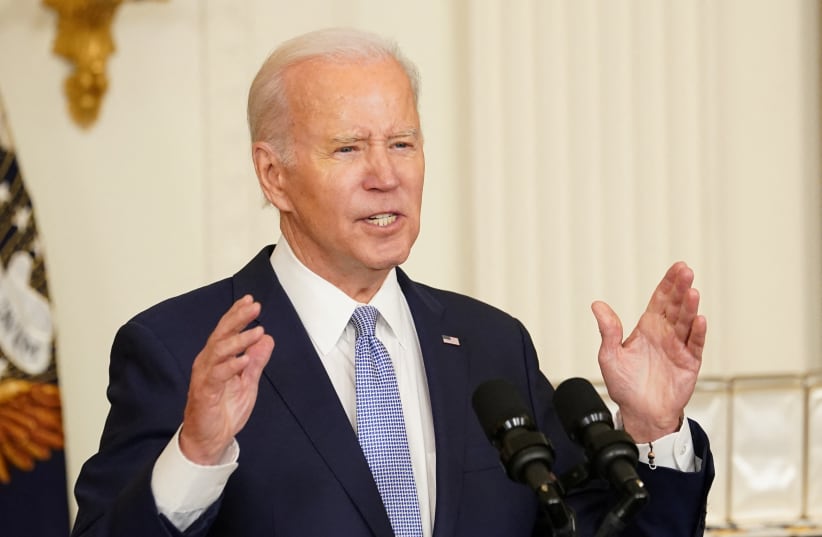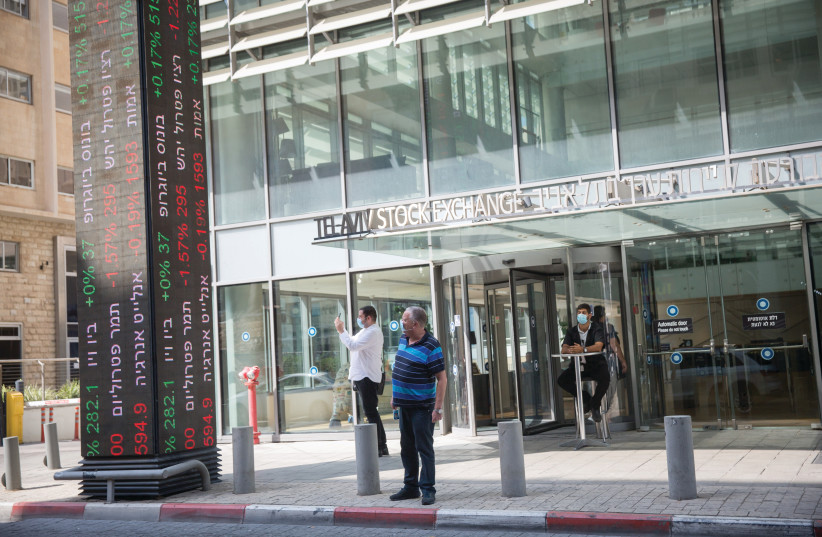In a recent statement, US President Joe Biden said that he would not be extending an invitation to Israeli Prime Minister Benjamin Netanyahu to visit the White House given the current tension surrounding the government’s judicial overhaul.
This decision has sent shockwaves throughout the global investment community, as experts suggest that the decision may have economic repercussions, as it could act as a red flag to investors who would otherwise put money toward the country’s economy.
The statement from President Biden comes as the Israeli government is currently facing a looming judicial reform, which many investors already fear could result in a significant destabilization of the country's economic and political climate. The reform, which seeks to limit the power of Israel's High Court of Justice, has been met with widespread protests and criticism from both domestic and international sources.
A safe and stable destination for investors
Investors have long viewed Israel as a safe and stable investment destination, thanks in large part to its robust tech sector and strong ties to the US. However, with the current political and economic uncertainty surrounding the country, many are now starting to reconsider their positions.
“Investors – whether foreign or Israeli – look for any signal that they can find about any potential risks to their investments.”
Dan Ben-David
“Investors – whether foreign or Israeli – look for any signal that they can find about any potential risks to their investments,” said Prof. Dan Ben-David, head of the Shoresh Institution for Socioeconomic Research and an economist at Tel Aviv University.
Ben-David noted that Biden’s stark criticism — in conjunction with similar remarks from German, French and English leadership — spells potential economic trouble.
“Netanyahu loaded the bases with the reprimands that he received on his visits to France, Germany and England. Biden just hit his last pitch out of the park for a grand slam. With all that is going on, and the non-stop divisive rhetoric and lies from Netanyahu — not to mention the depths that his sycophants have taken things — Biden’s message could not be clearer,” he warned.
The deterrence of investors has been a much-discussed topic in regard to the judicial reform’s impact on Israel’s economy, due to its pivotal role in Israel’s hi-tech economic engine. If foreign investors are scared off, it could lead to a hi-tech “brain drain,” economists have warned.
The latest straw straining the camel's back
According to Elise Brezis, professor of economics and director of the Azrieli Center for Economic Policy at Bar-Ilan University, Biden’s cold shoulder treatment is just the latest straw that has been added to the camel’s already-strained back.
“It exacerbates what’s already happening,” Brezis said, adding that the prime minister’s actions illustrate his exclusive interest in power, even by means of corruption.
“The power in the hands of this government is infinite. This is the danger of these judicial reforms, and it's already started,” she said. “Biden said what he said because he understands that.”


